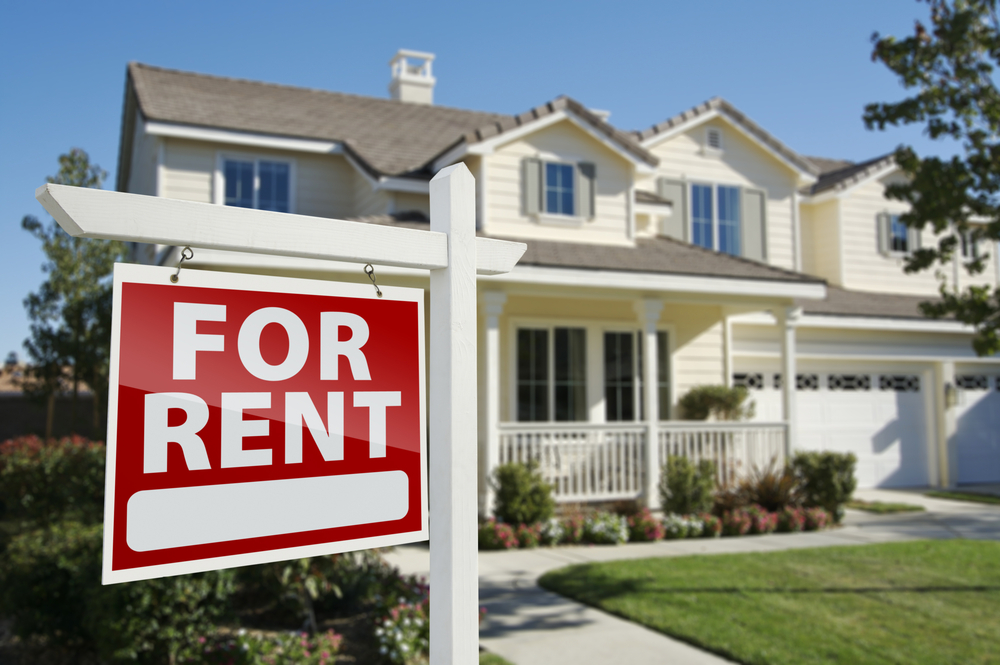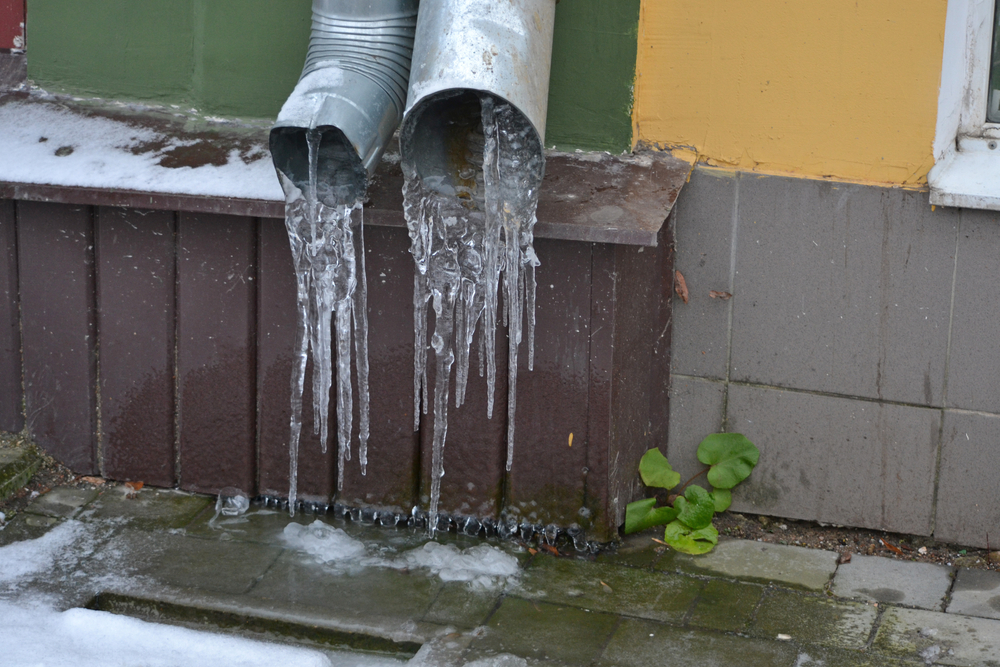
From upstairs neighbors "stomping" to barking dogs and noisy children, tenants frequently report disturbances. While soundproofing your property may not be a requirement, ensuring privacy and reasonable quiet for your tenants can improve their satisfaction and aid in retention.
Noise complaints often arise from loud neighbors or inadequate noise barriers within the rental unit. Addressing these issues can help prevent the loss of good tenants. Here are some steps to help minimize noise complaints in your rental property:
If the complaint involves another tenant, initiate a conversation with them. Tenants may feel uncomfortable asking their neighbors to be quieter, making it essential for landlords to mediate. Often, neighbors may be unaware of their noise levels. You can approach them informally in person or send a letter to all tenants as a reminder of the noise policy.
There are several cost-effective methods for reducing noise in your rental property:
Consider the following options to further soundproof your rental property:
Hollow-core doors allow noise to pass through more easily. Upgrading to solid-core doors can significantly reduce noise transmission between rooms, offering tenants greater privacy and a quieter living environment. While solid-core doors are more expensive than their hollow counterparts, they are a long-lasting investment in your property.
Gaps and cracks in walls, floors, and around windows and doors can let noise seep through. Seal these spaces with acoustic caulk or weatherstripping to prevent sound transmission and improve energy efficiency in your rental property. Pay special attention to electrical outlets and switches, which are common culprits for allowing noise to pass through walls.
If your rental property has shared walls, such as in a multi-unit building or duplex, consider adding soundproofing materials to these walls. A popular option is using mass-loaded vinyl (MLV), which is a dense, flexible material that can be attached to walls or installed behind drywall to block noise transmission.
If your rental property has multiple levels, insulating floors and ceilings can help absorb sound and reduce noise between floors. Install sound-absorbing underlayment beneath hardwood or tile flooring, and consider adding a layer of soundproof drywall or acoustic insulation to ceilings.
Establish a clear noise policy for your tenants, outlining acceptable noise levels and quiet hours. Ensure that all tenants are aware of the policy and understand the consequences of violating it. Be consistent and fair in enforcing the policy to maintain a peaceful living environment for all residents.
Foster an atmosphere of open communication with your tenants. Encourage them to report noise issues and address any concerns promptly. By being proactive in resolving noise complaints, you can minimize tenant dissatisfaction and create a more harmonious living environment.
If you're unsure where to begin with noise reduction projects or feel uncomfortable enforcing noise policies, consider hiring a property management company. These companies can serve as a neutral third party when handling complaints, identify suitable projects to mitigate noise, and oversee the work to ensure it is done correctly.
Taking these steps to soundproof your rental property and address noise complaints can improve tenant satisfaction, increase retention, and ultimately enhance the value of your investment.
Looking for property management services in your area? Find out about our services and fees from one of our experienced agents. We provide management & brokerage services for community associations, residential properties, and commercial properties.

Learn how to rent out your house with expert tips on preparation, pricing, marketing, tenant screening, and management for new landlords.

Learn how to handle frozen pipes in rental properties, prevent damage, and when to call a plumber or property manager for fast, effective solutions.
We're proud to make partnering with us easy. Contact our team to connect with one of our industry experts and get started today.